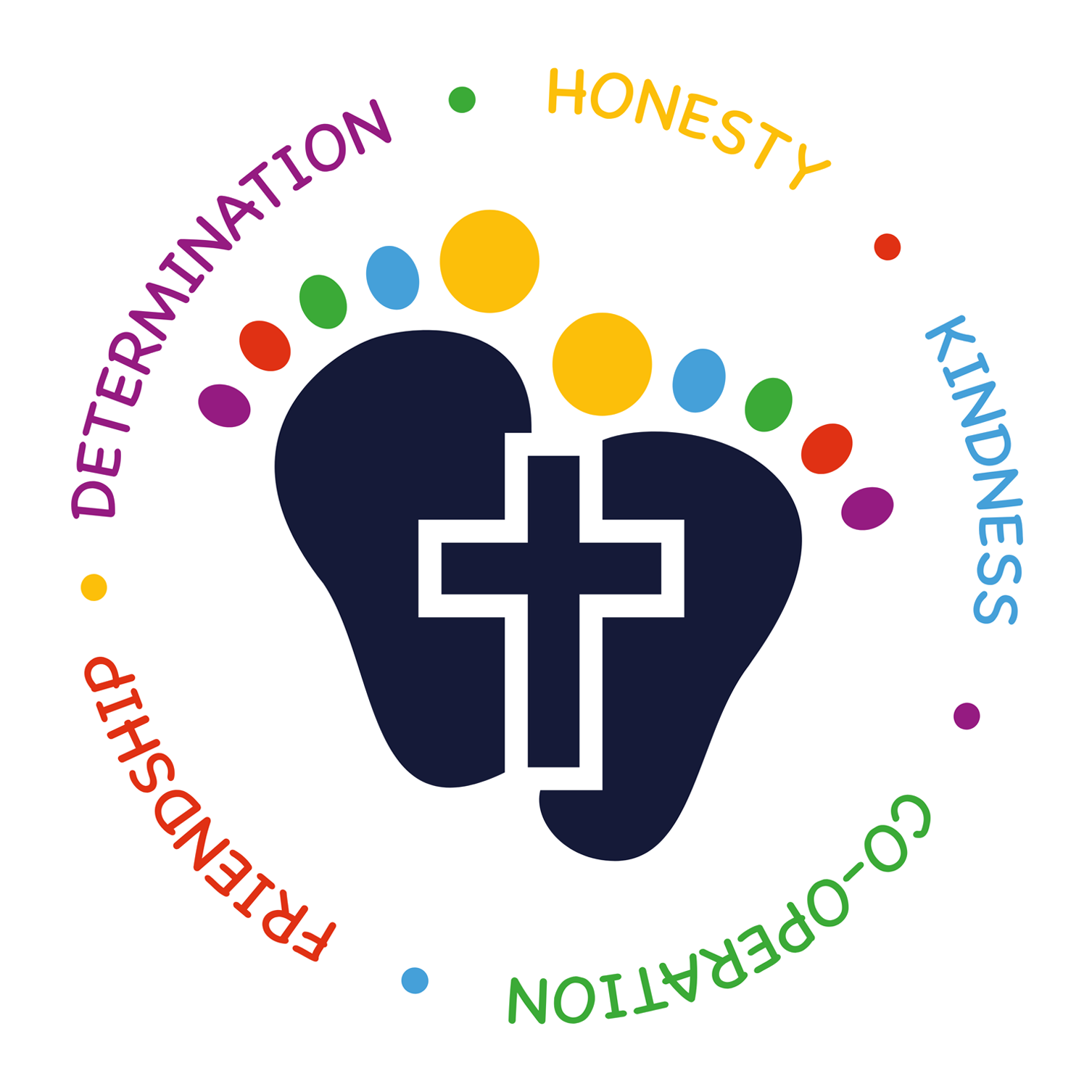Curriculum Overview
At St Barnabas C of E Primary School, we are committed to helping every child grow into a confident, respectful, and responsible individual. As part of this, we teach pupils about relationships, health, and wellbeing through our Personal, Social, Health and Economic (PSHE) education curriculum.
Our PSHE lessons help children grow into confident, kind, and resilient individuals. Through fun, engaging activities and thoughtful discussions, pupils learn how to stay safe, build healthy relationships, understand their emotions, and respect others. We also explore topics like mental wellbeing, online safety, diversity, and how to make positive choices. PSHE supports our children in becoming responsible members of the school and wider community, preparing them for the challenges and opportunities of modern life.
We use three main programmes to deliver this learning:
- Jigsaw – our main PSHE scheme, which includes Relationships and Health Education.
- No Outsiders – which celebrates diversity, inclusion, and respect for everyone.
- CUSP Science – which includes the statutory science curriculum, including learning about the human body and puberty.
PSHE (Personal, Social, Health and Economic Education) helps children understand themselves, their feelings, relationships, and the wider world. PSHE as a subject is non-statutory (not legally required), but many parts are statutory because they form part of Relationships Education and Health Education, which every primary school must teach.
Relationships Education – all primary schools must teach Relationships Education.
Children learn about:
- Families and people who care for them
- Friendships and respectful relationships
- Online relationships and safety
- Recognising unsafe situations and knowing how to get help
This supports our safeguarding work and promotes positive, healthy relationships.
Parents cannot withdraw their child from Relationships Education, as it is required by law.
Health Education – all primary schools must also teach Health Education.
Children learn about:
- Mental wellbeing and resilience
- Physical health, exercise, and healthy lifestyles
- Basic first aid and personal hygiene
- The changing adolescent body (puberty)
Learning about puberty is statutory and taught in an age-appropriate way, usually in Year 5 or Year 6. Parents cannot withdraw their child from this part of Health Education.
Science – Statutory
In Science, pupils learn about the human body and life cycles as part of the National Curriculum.
This includes:
- That animals, including humans, have offspring that grow into adults
- The human life cycle, including puberty
- Reproduction in some plants and animals
Parents cannot withdraw their child from any part of the Science curriculum.
No Outsiders – Statutory under Equality and Inclusion Duties. The No Outsiders programme is an important part of our PSHE and values education. It teaches children that:
- Everyone is welcome in our school
- We respect difference and treat everyone with kindness
- We can challenge unfairness and stereotypes
This work supports our duty under the Equality Act (2010) and our Church of England vision of valuing every child as a unique individual created in God’s image.
Sex Education (beyond Science) – Non-Statutory
“Sex Education” refers to teaching about how a baby is conceived and born.
This is not statutory in primary schools (unless taught as part of Science).
At St Barnabas, we have chosen to teach this in Year 6, using age-appropriate materials that focus on understanding, respect, and family life.
Before these lessons, we will:
- Inform parents in advance
- Share lesson content and resources
- Respect parents’ right to request withdrawal from these specific, non-statutory lessons
Summary Table
|
Area |
Statutory? |
Can Parents Withdraw? |
Example Content |
|
PSHE (overall) |
Partly |
Only from non-statutory parts |
Health, wellbeing, relationships |
|
Relationships Education |
Yes |
No |
Families, friendships, respect, online safety |
|
Health Education |
Yes |
No |
Physical and mental health, puberty |
|
Science |
Yes |
No |
Human life cycle, body changes |
|
Sex Education (beyond Science) |
No |
Yes |
How babies are made |
|
No Outsiders |
Yes (Equality Duty) |
No |
Respect, inclusion, diversity |
Our aim is to work in partnership with parents to ensure every child receives a high-quality, age-appropriate education that prepares them for life in modern Britain. If you have any questions or would like to view lesson materials, please contact the school office or speak with your child’s class teacher.

